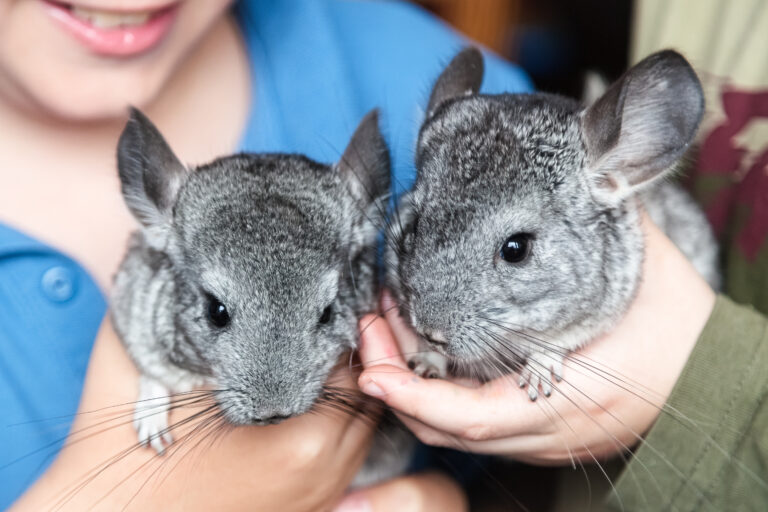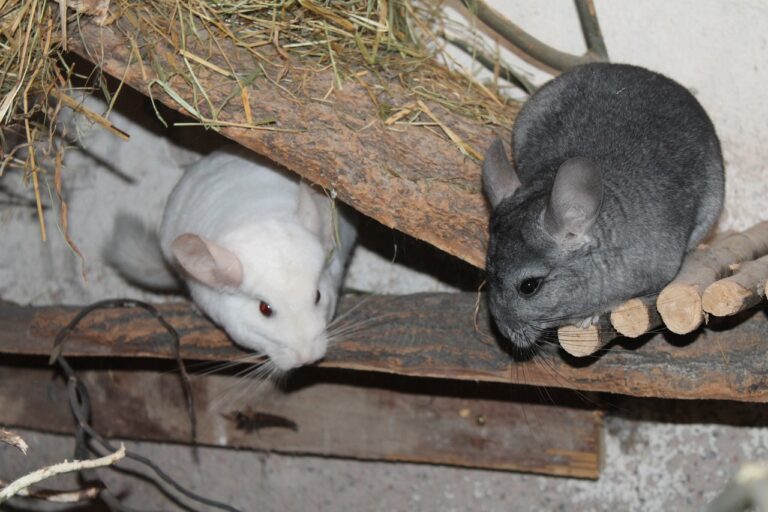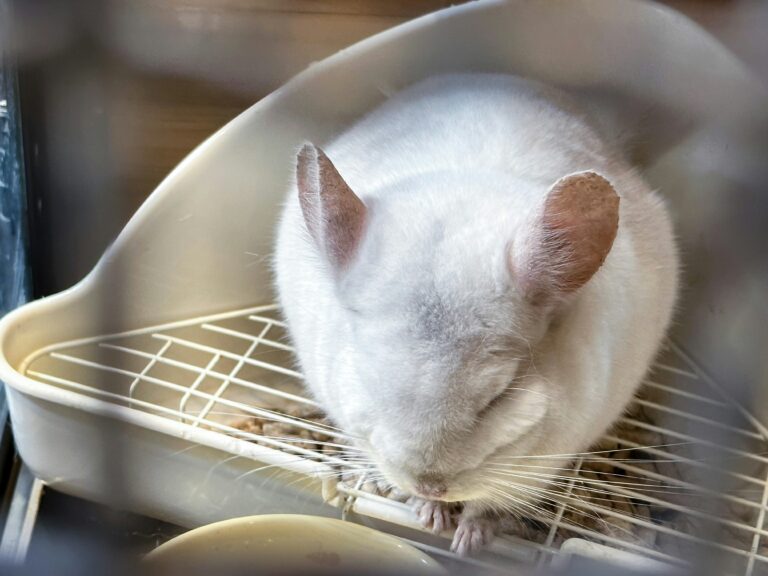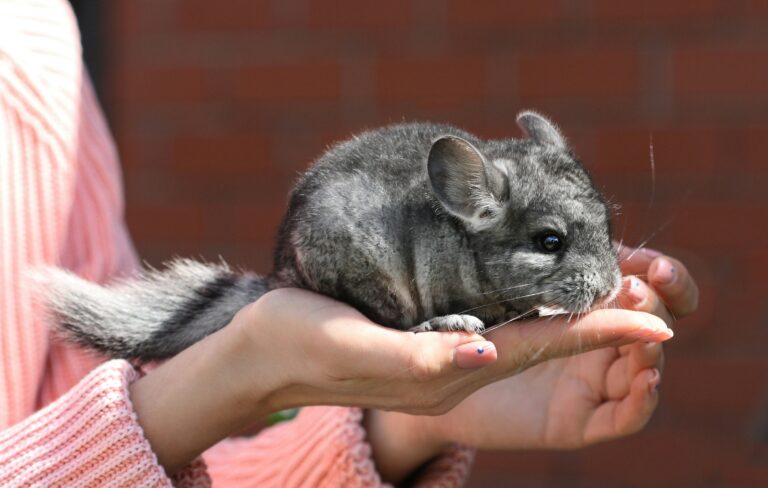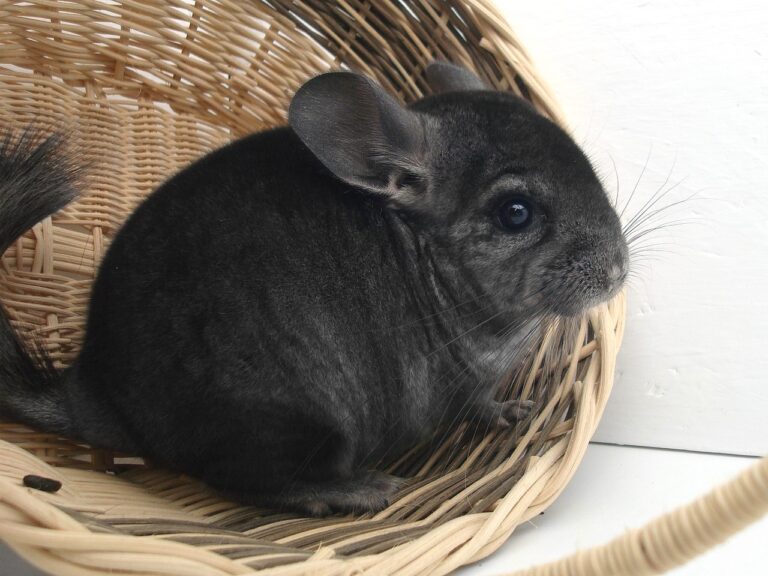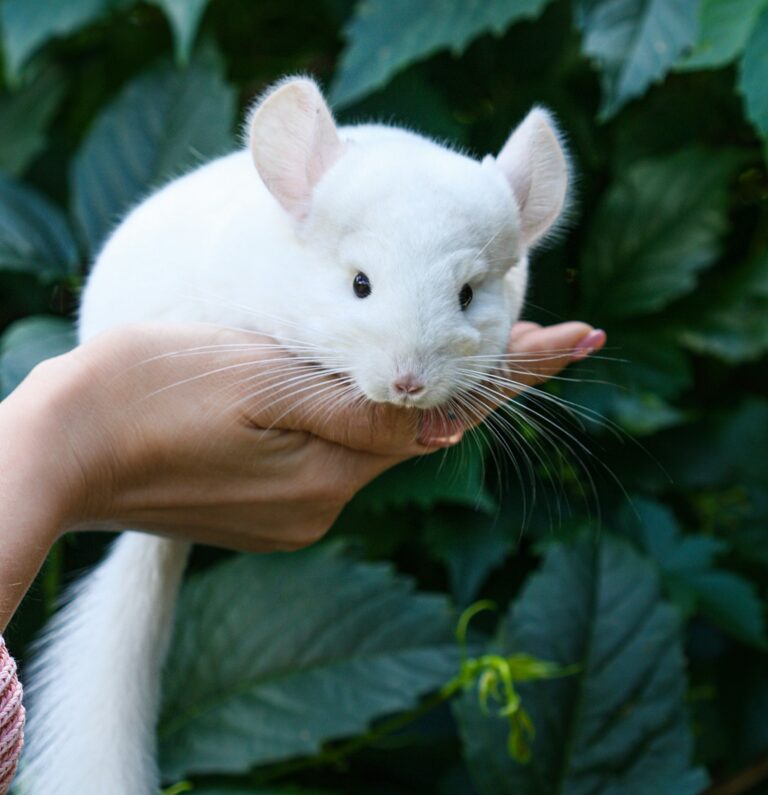Fun Facts about Chinchillas!
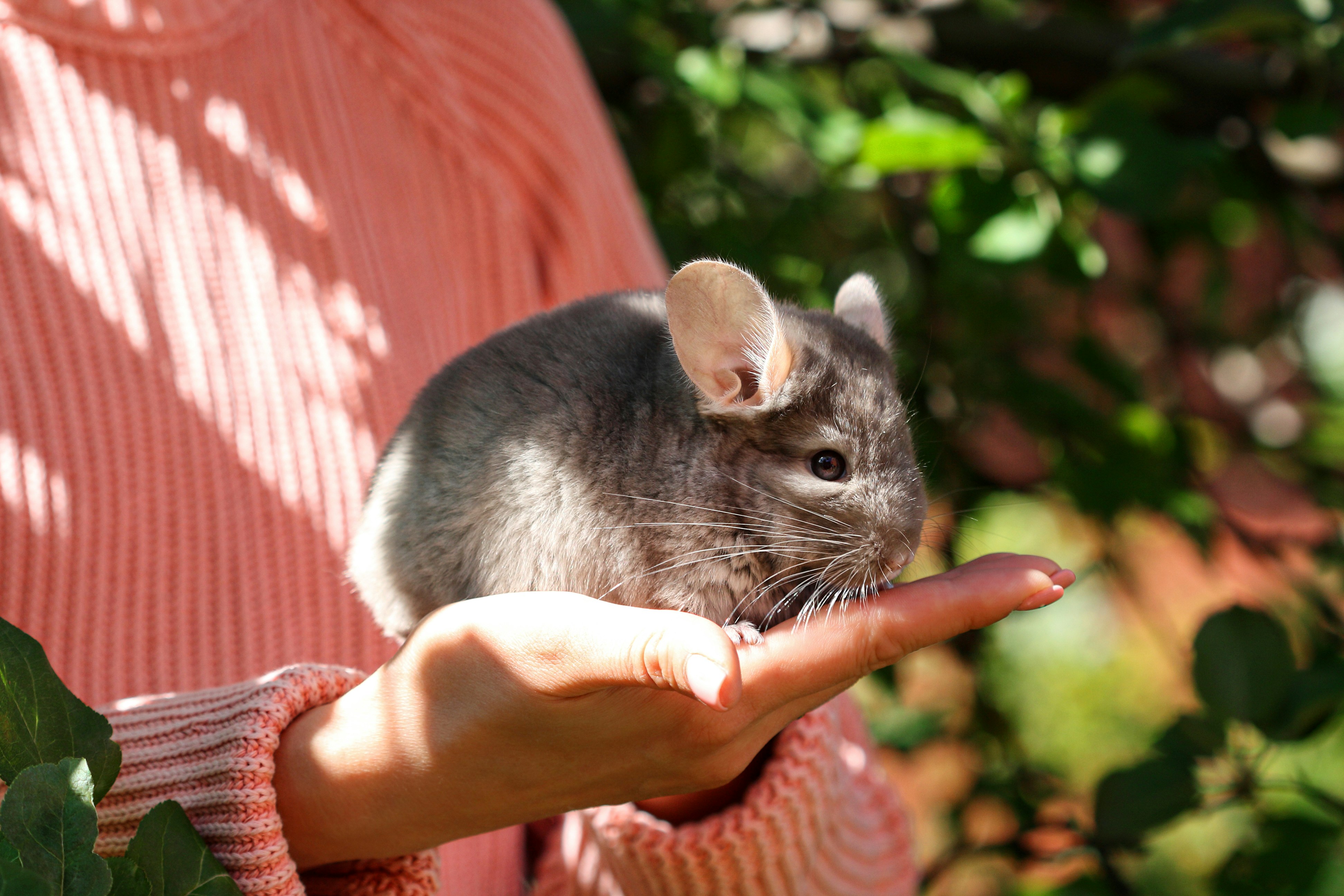
Chinchillas, with their soft fur, large ears, and playful demeanor, have captured the hearts of pet enthusiasts around the world.
While they may be small in size, these furry creatures are big on personality and charm.
In this post, we’ll embark on an exciting journey into the fascinating world of pet chinchillas, uncovering fun facts that will deepen your appreciation for these adorable companions.
Chinchillas: Masters of the Jump
One remarkable trait of chinchillas is their exceptional jumping ability!
These agile rodents are natural-born athletes, capable of leaping distances of up to six feet or more! Their powerful hind legs and muscular bodies enable them to navigate their environment with grace and precision.
In the wild, chinchillas use their jumping skills to evade predators and traverse rocky terrain. As pets, they delight their owners with acrobatic feats, bounding effortlessly from perch to perch in their cages or play areas.
Dental Dynamo
Chinchillas possess continuously growing teeth, a characteristic shared with many rodents. However, what sets chinchillas apart is their unique dental structure and diet. Their teeth grow at a rate of approximately 1/16 to 1/8 inch per month, necessitating regular chewing to wear them down and prevent overgrowth.
To meet this need, chinchillas require a diet rich in fibrous hay and chew toys made from safe materials like untreated wood.
Providing ample opportunities for chewing not only promotes dental health but also satisfies their natural urge to gnaw and explore.
Dust Bath Devotees
One of the most iconic behaviors associated with chinchillas is their love of dust baths.
Unlike other animals that use water to maintain hygiene, chinchillas rely on fine volcanic ash or specially formulated dust baths to keep their fur clean and healthy. Dust bathing helps to remove excess oils and moisture from their dense fur, preventing matting and skin problems.
Observing a chinchilla rolling and frolicking in a cloud of dust is not only adorable but also essential for their well-being!
Pet owners should provide a dust bath for their chinchillas 2-3 times a week, ensuring they have access to clean, dry dust and a suitable container for bathing.
No Sweat
Chinchillas have a unique physiological trait that sets them apart from many other mammals: they lack sweat glands!
Instead of sweating to regulate their body temperature, chinchillas rely on other mechanisms to stay cool. Their dense fur acts as insulation, helping to maintain a stable body temperature in a range of environments.
Additionally, chinchillas engage in thermoregulatory behaviors such as dust bathing and seeking out cooler areas of their habitat during warmer weather. Pet owners should be mindful of their chinchilla’s environment, providing adequate ventilation and avoiding exposure to extreme heat to prevent heat stress or heatstroke.
Social Creatures
Despite their solitary habits in the wild, chinchillas are social animals that thrive on companionship.
In their natural habitat, they form loose social groups called herds, consisting of family members and unrelated individuals. As pets, chinchillas benefit from the company of other chinchillas and can form strong bonds with cage mates.
Pairing chinchillas of the same sex is recommended to prevent unwanted breeding and territorial aggression. However, introductions should be done gradually, and compatibility should be monitored to ensure a harmonious living arrangement.
Night Owls
Chinchillas are crepuscular animals, meaning they are most active during dawn and dusk. In their native Andean habitat, this behavioral adaptation helps them avoid predators while foraging for food.
As pets, chinchillas may exhibit bursts of energy during these twilight hours, engaging in playful antics and exploration.
Providing ample opportunities for exercise and enrichment during their peak activity periods can help satisfy their natural instincts and promote overall well-being!
Lifespan Legends
Chinchillas are renowned for their longevity, with an average lifespan ranging from 10 to 15 years or more in captivity. With proper care, some chinchillas have been known to live well into their twenties!
This impressive lifespan underscores the commitment required to care for these pets responsibly. Providing a nutritious diet, a spacious and stimulating environment, regular veterinary check-ups, and plenty of love and attention are essential factors in ensuring a long and healthy life for your chinchilla companion.
Conclusion
Chinchillas are extraordinary creatures with a multitude of endearing qualities and fascinating traits!
From their exceptional jumping prowess to their love of dust baths and social nature, chinchillas continue to captivate and delight pet owners worldwide.
By understanding and appreciating these fun facts about chinchillas, you can forge a deeper connection with these adorable companions and provide them with the care and enrichment they need to thrive.
Whether you’re a seasoned chinchilla enthusiast or considering welcoming one into your home for the first time, the joy of sharing your life with these charming rodents is truly unparalleled!

